阅读:0
听报道
人工智能革命即将到来,这可能是一个最好的时代,也可能是最坏的时代。
好与坏,将取决于我们如何解决人工智能的副作用之一——失业问题。
昨天(2017年10月16日),我在《华盛顿邮报》写了一篇文章,分享给大家。
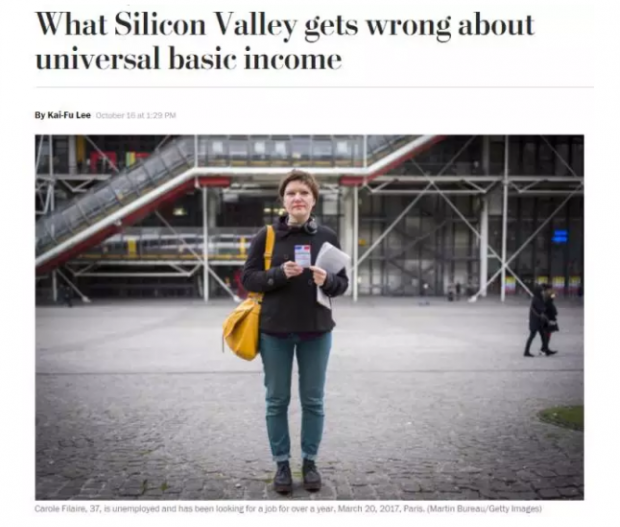
根据牛津大学的一项研究,在未来的十年内,近一半的美国工作岗位将被机器人取代。这种情况在其他国家也不乐观。
如何为即将出现的大规模失业人口提供帮助,是关心未来的企业家和政府都在探讨的话题。
在硅谷,目前正在被热议的解决方案之一,是向失业工人发放“全民基本收入”。
“全民基本收入”(英文缩写:UBI,Universal Basic Income),是指在不考虑每个人的需求、就业状况或者技能水平的情况下,政府为每位公民提供固定的津贴。
虽然马克·扎克伯格和埃隆·马斯克对AI的观点经常针锋相对,但他们在UBI计划上却很有默契。
今年5月,扎克伯格在哈佛大学的毕业生典礼上发表演讲称,政府应该考虑为所有美国人提供全民基本收入。马斯克也认为,全民基本收入的普及是最好的解决方案。
硅谷之外,对UBI的讨论已遍及全球。在瑞士、芬兰、法国、荷兰、加拿大等国家,UBI或已开始付诸实验,或被引为竞选纲领,甚至有望成为国家政策。
但反对UBI的声音也有很多拥趸,比如美国前总统奥巴马首席经济顾问詹森·弗曼(Jason Furman)。他认为,UBI意味着巨额税收的增加,“当你看到细节时,发现结果是行不通的。”
创新工场创始人兼CEO李开复博士在《华盛顿邮报》这篇专栏文章中称,“全民基本收入”代表一个良好的开端,但这还不够。仅靠UBI,远远无法让失业工人赢得一个稳定的未来。
这是因为,大部分失业工人并不具备先进技术或人脉网络,也没有足以应付人工智能挑战的前瞻性。虽然可以凭借意外之财找到新工作,但很有可能在短时间内被辞退,或者再次被人工智能替代。
因此,我们必须努力寻找一种全面的解决方案,而不仅仅是分配资金。只有这样,惊人的AI革命才会带领我们实现创造性的文艺复兴。
《华盛顿邮报》是一份具有国际威望的美国报纸,创办于1877年,曾报道过美国历史上著名的“水门事件”,对报道新科技对人类未来的挑战也怀有热情。
以下是文章全文,经创新工场翻译整理。
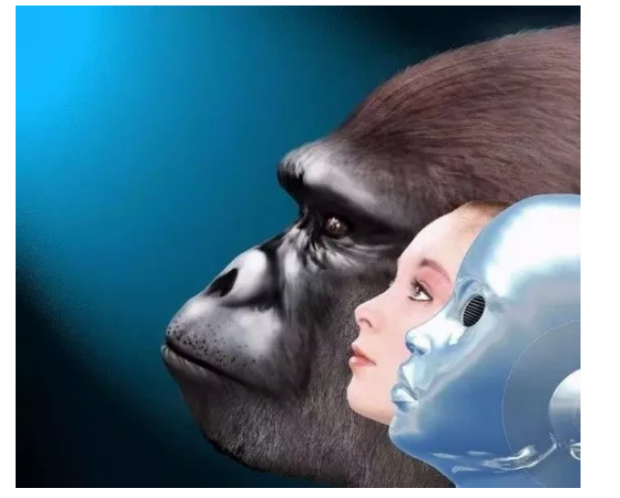
硅谷在“全民基本收入”方面到底做错了什么?
“全民基本收入”并不能刺激大多数人实现自身专业重塑
未来十年,约有一半的工作将不再需要人类劳动力。
在不久的未来,人工智能和机器人将以迅雷不及掩耳之势取代全球范围内的普通职业和机械职业。
这一巨大的挑战为传统的“全民基本收入”(英文缩写:UBI,Universal Basic Income)这一概念注入了新的活力。“全民基本收入”,是指在不考虑每个人的需求、就业状况或者技能水平的情况下,政府为每位公民提供固定的津贴。
在这样的假设下,我们是不是还要盲目地向每位员工发10000美元的薪资呢?绝对不是。
“全民基本收入”能发挥作用实现价值,需要所有被辞退的员工,具备和硅谷领导者一样的素质。乐观主义者天真地认为,“全民基本收入”将会刺激员工努力提升专业水平。
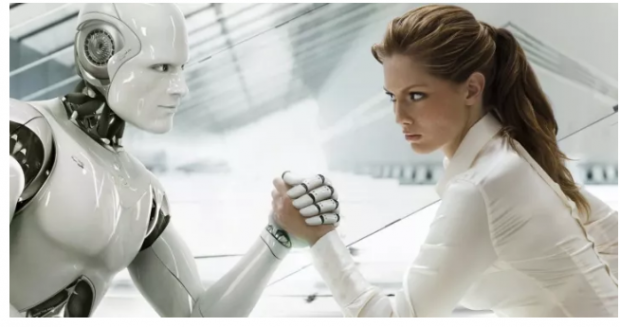
但事实上,一个成功的硅谷企业家,拥有多项能力,以及企业家精神、经验以及人际网络,这些能帮助他们实现从赚取中等“全民基本收入”到拥有新一代科技帝国。
但这种事情不会发生在普通的失业工人身上,由于他们的技术较为落后,肯定不会成为新一代科技帝国的缔造者。
分给失业工人的意外之财可能会帮助一部分人找到新的工作,但在多数情况下,这类工人在找到新的工作之后,在较短的时间内会再次被辞退。
多数失业工人并不具备前瞻性,无法预测人工智能时代社会还需要哪些岗位的专业人员,因此也无从了解如何理智地使用“全民基本收入”来为自己赢得一个稳定的未来。
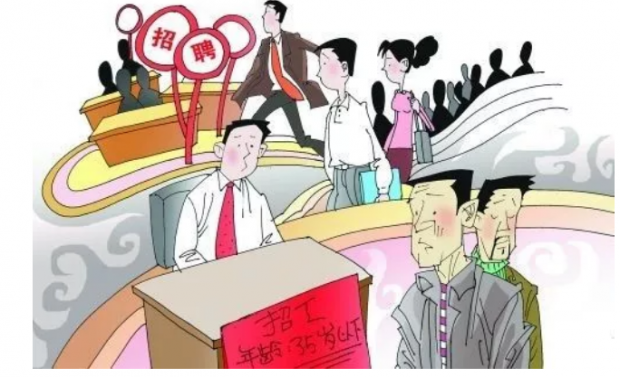
我们必须努力寻找一种全面的解决方案,包括创造新的职业、价值和社会规范,而不仅仅是重新分配资金。此外,我们需要重新进行培训教育,确保所有人都能够在适合自己的岗位上工作。
为了实现上述目标,下列五项是当前需解决的紧迫任务:
保障生存
当务之急就是创建并支持项目发展,确保所有人都能有所食、有所居,并享基本医疗保障。
提升创造性工作的价值
只有人类能够创造和提出创新项目。目前,人工智能还不能跳出固有的思维模式,只能根据人工设定采用最优化的方式处理问题。
因此,在早期教育中,我们必须确保教育系统不会成为好奇心、创造力、批判性思维和个性发展的绊脚石。我们要增加对初中和高中天才和资优教育计划的投资。而在高等院校方面,我们需要创建项目,帮助具有创造潜力的学生掌握人工智能工具。
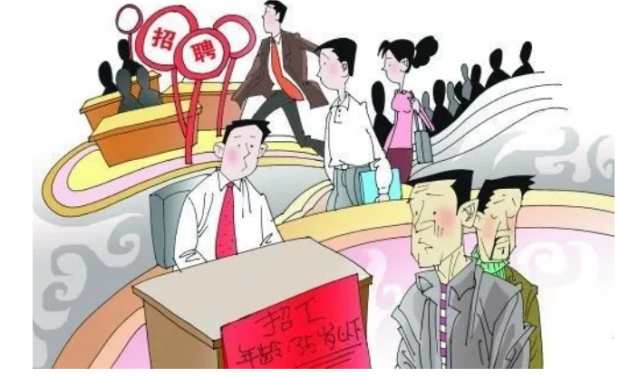
增加社会就业
人工智能既不能表达爱意和同情,也不能建立无可取代的社会关系,但是人类可以。创造性工作虽然无法轻松学会,但社会职业培训可以。
我相信,随着人工智能将产生的数万亿投资,人与人服务方面的消费性支出也将水涨船高,需要人类接触的社会工作者、医生、教师以及人生导师等服务性工作的需求,将会高居不下。
此外,客户与人工智能之间的中介这类新型社会工作将会被创建。例如,医学顾问可能会使用人工智能诊断工具帮助患者解决问题并提供补充性建议。此类工作往往属于高薪工作。
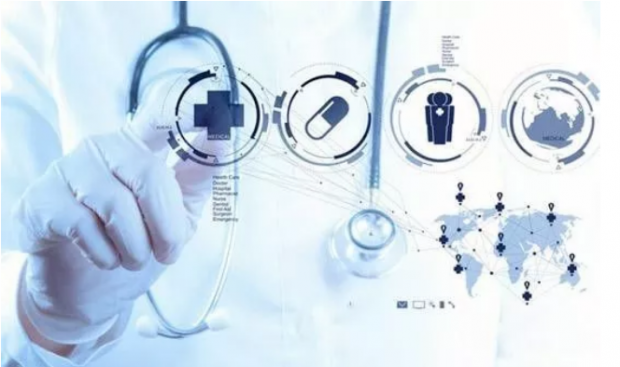
鼓励志愿者服务
我们需要创建更多的志愿者服务项目,为对高技能专业不感兴趣或者拥有全套高技能的退休工人以及失业工人提供帮助。此外,我们还应该考虑向志愿者提供报酬。
重新定义职业伦理
每个人都有实现自我价值的需要,从而相信自身的存在是有意义的。然而,工业革命灌输了一种错误的社会规范思想,即自我价值主要源自传统职业伦理——如果你努力工作,就会得到报酬。但是随着人工智能的发展,不断从事重复性工作的职业在未来将会完全消失。
因此,我们就需要根据新的工作模式重新定义职业伦理。一份工作的重要性不应该仅仅取决于这份工作的经济价值,也取决于其创造的社会价值。长期以来我们都认为工作时间越长实现成功的几率就越大。我们应该摒除这种观点,并摒弃对服务行业的歧视态度。
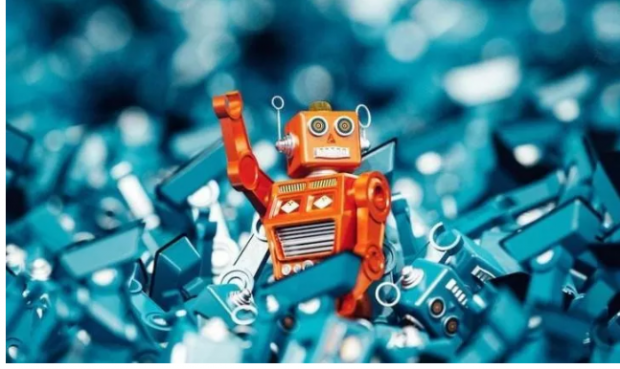
人工智能革命即将到来,与之而来的将是最好的时代或者是最坏的时代。革命的成果将取决于我们是选择被天真的乐观主义毒害,还是努力全面解决问题。
“全民基本收入”代表一个良好的开端,但是很显然这还远远不够。我们还需要进一步认真探讨并在短期内进行实验。只有这样,这一惊人的革命才会带领我们实现创造性的文艺复兴。
◀英文原文▶
What Silicon Valley gets wrong about universal basic income
For most people, it won’t actually be a catalyst for professional reinvention.
Kai-Fu Lee is the chairman and chief executive of Sinovation Ventures, a venture capital firm,and the president of its Artificial Intelligence Institute.
BEIJING— In the next decade, roughly half of all jobs will disappear. Routine and mechanical occupations will soon be replaced by artificial intelligence and robots at an unprecedented rate across the globe. This enormous challenge has breathed new life into an old idea called universal basic income, or UBI, in which the government provides a steady stipend for each citizen regardless of need,employment status or skill level.
So should we blindly give $10,000 to everyone then? Absolutely not.
UBI makes sense only when Silicon Valley leaders project their own personas onto all the workers who will be displaced. The optimists naively assume that UBI will be a catalyst for people to reinvent themselves professionally. Indeed, if we’re talking about a successful Silicon Valley entrepreneur, his or her skills, entrepreneurship,experience and network may successfully help turn a modest UBI income into the next tech empire. But this most surely will not happen for the masses of displaced workers with obsolete skills living in regions where job loss is exacerbated by traditional economic downturn.
Free money given out to displaced workers may serendipitously help a few find work, but more likely, they will just move on to a new job that will also be eliminated soon. This is a familiar pattern we have seen throughout the workforce. The truck driver who once worked on an assembly line in a factory will soon have to learn to become something else. Most displaced workers will not have the foresight to predict which professions might survive the AI revolution and therefore won’t know how to best use the UBI money to ensure a stable future.
Instead of just redistributing cash and hoping for the best, we must work together to find a comprehensive solution, including establishing new professions, values and social norms. And we need to retrain and adapt so that everyone can find a profession that suits his or her interests. Here are five imperatives to get us there:
Guarantee subsistence.
The first priority is to create and support programs to ensure no one goes hungry or without shelter and basic health care.
Maximize creative jobs.
Only humans can create and come up with new innovations. AI today cannot think outside the box, and it can only optimize problems defined by humans. Thus, in early education, we must ensure that the system does not inhibit curiosity, creativity, critical thinking and individuality. In middle school and high school, we should increase funding for gifted and talented programs. In colleges, we need programs that help students with creative potential learn to master AI tools.
Increase social jobs.
AI cannot express love and empathy and cannot build irreplaceable social connections –only people can. And unlike creative professions, which cannot easily be taught, people can be trained in a large number of social professions. Furthermore, with the projected trillions I believe AI will generate, consumer spending will go up and with it, spending on people-to-people services.
This means service jobs that require a human touch – social workers, therapists, teachers and life coaches – will be in high demand. Furthermore, new social jobs will be invented in which humans will serve as an intermediary of sorts between patrons and AI. For example, a medical consultant might help patients trouble shoot and give supplemental advice when using an AI diagnostic tool. Some of these jobs will even be highly paid.
Encourage voluntarism.
We need to create more volunteer programs to assist retired and displaced workers with little interest in or skillset for higher skilled professions. We should also consider compensating people who volunteer.
Redefine work ethic.
Everyone has a need to feel a sense of self-worth and self-actualization – that he or she believes his or her existence is meaningful. Unfortunately, the Industrial Revolution wrongfully instilled a social norm that self-worth should primarily come from work ethic –if you work hard, you will be rewarded. But because of AI, jobs based on repetitive tasks will soon be gone forever.
We need to redefine the idea of work ethic for the new workforce paradigm. The importance of a job should not be solely dependent on its economic value but should also be measured by what it adds to society. We should also reassess our notion that longer work hours are the best way to achieve success and remove the stigma associated with service professions.
The coming AI revolution will bring about either the best of times or the worst oftimes. The outcome will depend on whether we choose to be intoxicated by naive optimism or committed to comprehensive problem solving. UBI is a good start,but it is clearly not enough.
We need to debate earnestly and experiment rapidly. Only then will this amazing revolution lead us to a creative renaissance.
(This was produced by TheWorldPost, a partnership of the Berggruen Institute and The Washington Post.)
话题:
0
推荐
财新博客版权声明:财新博客所发布文章及图片之版权属博主本人及/或相关权利人所有,未经博主及/或相关权利人单独授权,任何网站、平面媒体不得予以转载。财新网对相关媒体的网站信息内容转载授权并不包括财新博客的文章及图片。博客文章均为作者个人观点,不代表财新网的立场和观点。




 京公网安备 11010502034662号
京公网安备 11010502034662号 